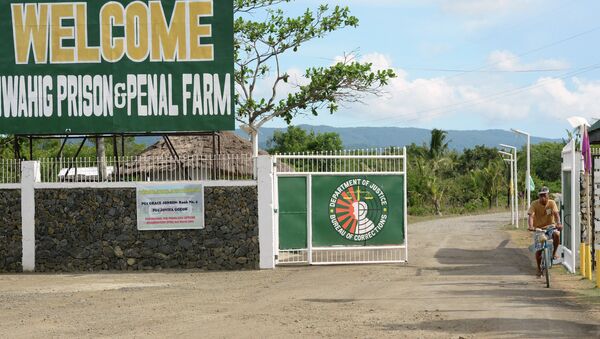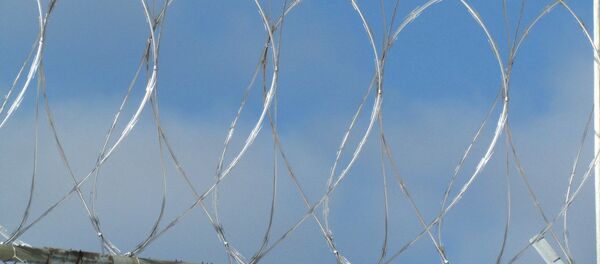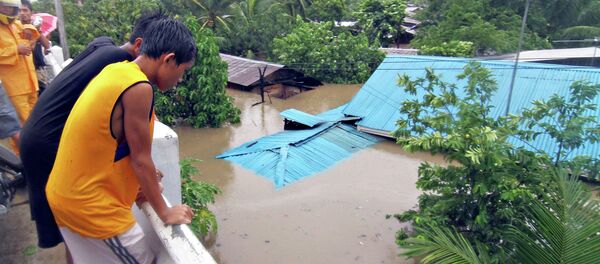"Complaints of false arrests prompted low-key but unprecedented reinvestigations of some of the country's high-profile terrorism cases by state prosecutors. They have led to the release of more than two dozen people who were either mistaken for Abu Sayyaf [a militant Islamist organization] fighters or brought to trial without evidence, according to official findings," the Associated Press stated.
Although state prosecutors have already denounced the faulty arrests as "abhorred in civilized societies," an independent investigation carried out by the Associated Press indicated that dozens of detainees are still being held in prisons despite a lack of evidence against them.
According to the media outlet, such errors occur due to the fact that the Philippines' law enforcement and criminal justice system is "slow," "overburdened," and "tainted by corruption allegations."
Amily Mantec, a terror victim, told the media source that once an arresting officer had attempted to persuade her to falsely identify a person as an Abu Sayyaf insurgent with a bounty on his head, but she rejected.
It should be noted that "more than 140 million pesos ($3.2 million) in rewards" have been already spent on "the 'neutralization' of 115 Abu Sayyaf militants from 2001 to 2013," the Associated Press emphasizes.
On the other hand, the situation is compounded by such conditions as the absence of birth certificates and other identification documents in poor regions of the country. As a result of flawed investigations, two men were detained under the name of a militant, Hussien Kasim, 13 years ago, while two others were detained for being a militant named Abdasil Dima two years ago, according to state prosecutors. Furthermore, another prisoner, Idris Ukani, has been held in prison for 13 years under the name of kidnapping suspect Abdulmukim Idris, despite the fact that the military declared they had killed Abdulmukim in 2003.
Meanwhile, Abu Gandhie, an ex-leader of one of the Abu Sayyaf groups who has become a state witness, has admitted that most of the 94 prisoners convicted for mass kidnapping on Basilan island in 2000 were innocent people, and only 12 of them participated in the crime.
It is worth mentioning that in accordance with a 2007 anti-terror law, police officials can be penalized for false arrests and fined 500,000 pesos ($11,200) for each day an innocent person was held in detention. However, the Commission on Human Rights noted that law enforcers evade punishment by charging terror suspects with common crimes, the Associated Press exposes.
"There's food there [in prison], but when you wake up in the morning and sleep at night, the first and last thing you will see are the iron bars. The constant problem is how to keep your sanity," said Manny Ismael, who spent ten years in prison falsely arrested as a terror suspect.




